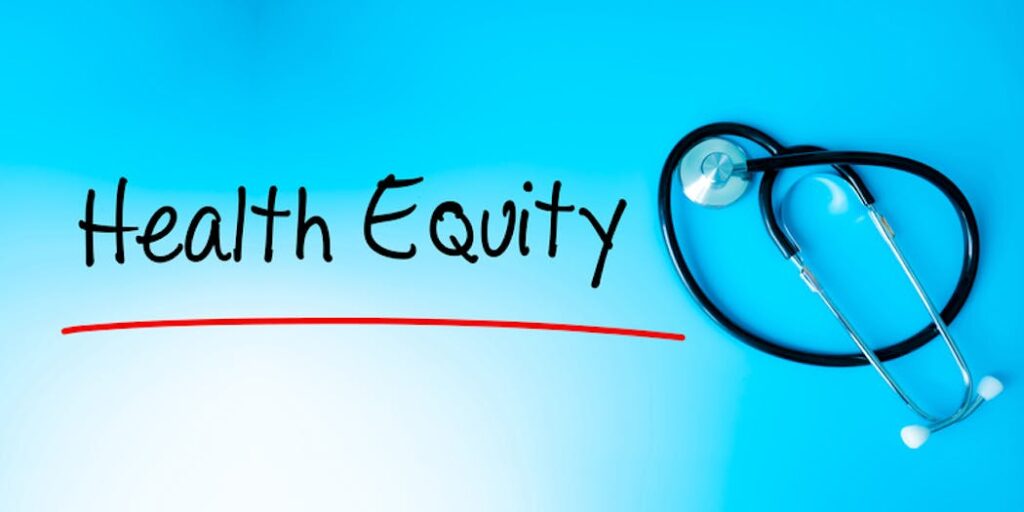

Two physician healthcare policy leaders are offering an examination of the value-based delivery and payment movement in healthcare from a health equity perspective, and have concluded that, while healthcare reimbursement reform can provide one element in moving the needle on health equity, it alone cannot provide a vehicle that will transform the U.S. healthcare system towards becoming more equitable. In their critique, they take direct aim at some of the benchmarks and other elements built into accountable care organization (ACO) alternative payment model (APM) contracts, and make very pragmatic suggestions as to how to improve such programs in order to advance health equity goals.
Amol S. Navathe, M.D., Ph.D., and Joshua M. Liano, M.D., MSc, discuss the intersection of value-based payment and health equity concepts in their “Viewpoint” article, published online on Aug. 15 in the JAMA Network, under the title “Aligning Value-Based Payments With Health Equity.” Dr. Navathe is an Assistant Professor of Health Policy and Medicine, and a Commissioner of the Medicare Payment Advisory Commission (MedPAC), a non-partisan agency that advises the US Congress on Medicare policy. As a practicing physician, health economist, and engineer, Navathe has expertise in policy analysis and design, physician and hospital economic behavior, and application of informatics and predictive analytics to health care. Dr. Liao is a board-certified internal medicine physician, the Associate Chair for Health Systems in the Department of Medicine, and the Medical Director of Payment Strategy at UW Medicine. He is also an Associate Professor of Medicine within the UW School of Medicine and Adjunct Associate Professor of Health Systems and Population Health within the UW School of Public Health.